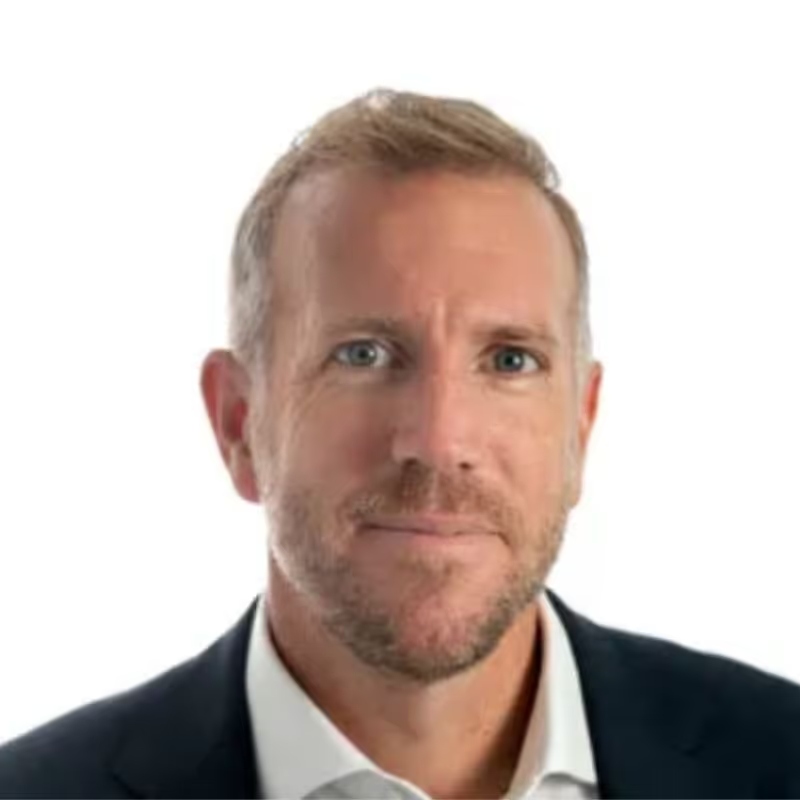In the rapidly evolving world of responsible investment, technical expertise in ESG data, disclosures, and regulatory frameworks is not enough. As the sector matures and expectations rise, the spotlight must shift to the human side of the profession—the soft skills, mindsets, and leadership qualities that underpin the technical capability, and enable professionals to thrive in a high-pressure, high-impact environment.
The soft skills deficit
Earlier in my career, a CEO once told me that he would “hire on skill and fire on fit.” That phrase stuck with me then and is still just as relevant today with the rapid turnover we are seeing largely due to a mismatch in values and culture. Many early- to mid–career professionals in the responsible investment space are technically strong; they understand the frameworks, the data, the reporting requirements. But increasingly, we are seeing the soft skills, and environment within which they are working, determining their tenure.
Sustainability and ESG professionals have always needed to be strong collaborators and influencers. For those in responsible investment, this is even more critical. The workload is growing exponentially. Teams that did not exist two or three years ago are now expected to deliver on complex mandates with limited resources. Burnout is becoming common, and where turnover is not happening, it is because there is simply no other option available to them.
To succeed in this environment, professionals need more than technical know-how. They need to understand their own capacity and capability, prioritise effectively, and have the courage to say “not now” when resources are stretched too thin. Strategic thinking, emotional intelligence, and the ability to advocate for sustainable pacing are becoming essential.
Climate reporting: A resource crunch
Access to quality data is a key challenge for responsible investment professionals, and the introduction of mandatory climate-related disclosures is set to stretch already thin resources to breaking point. Many organisations are only now beginning to prepare—12 to 18 months later than they should have. This delay is creating a scramble for talent, with consulting firms under pressure to deliver with teams that are still forming and learning on the job.
Those who are prepared understand the scale of the challenge. Gathering robust data is a massive undertaking in itself—reporting on it is another level entirely. The organisations that will thrive are those that invest early in building internal capability, not just in data and systems, but in people who can lead, adapt, and communicate effectively.
Diversity: Still a work in progress
Gender diversity in senior executive and board roles remains a stubborn challenge. The research is clear: diverse leadership leads to better organisational performance. Yet progress remains slow. In Australia, hiring culture tends to favour experience over potential, and position descriptions often—unintentionally—reinforce existing biases.
This is not necessarily a conscious act. But when job descriptions rarely change and requirements remain rigid, the result is a homogenous candidate pool. To change this, we need to redefine what “best person for the role” really means. That includes valuing diversity not just in gender or culture, but in thought, lived experience, and belief systems.
As recruiters and advisers, my team’s role is to ensure balanced shortlists and to support hiring managers in making holistic decisions—not just based on what is on paper, but on what a candidate can bring to the organisation to generate value in the long term.
Advice for the next generation of leaders
As the responsible investment sector evolves rapidly, the challenges and opportunities faced by tomorrow’s leaders are unlike any before. It has never been more important to equip emerging professionals with the insight and resilience needed to navigate change, drive impact, and shape a more sustainable future.
For students and early-career professionals looking to enter the responsible investment space, one mindset stands out: pragmatic optimism. It is easy to feel inspired at conferences and events, surrounded by like-minded peers. Embrace those moments—they are important. But also, be prepared for the reality that hits when you return to the workplace. This is a challenging field. It can be lonely. But if you believe in the work, the rewards are worth it.
Build allies in the sector. Find champions in your workplace. Understand the part that you play in maximising shareholder returns (if that is what your constitution says). Celebrate the wins and tackle the hurdles with creativity and resilience. The future of responsible investment depends not just on what we know, but on how we lead, collaborate, and build the foundations for the next generation of leaders.
At the RIAA Conference Australia in May, I joined a panel of experts where we discussed how to find, grow and keep the best people in responsible investment. If you attended the conference, please check your emails for a link to view the ‘Mind the talent gap’ session recording.
<hr>
<small> Disclaimer: The views and opinions expressed in this article are solely those of the author(s) and do not necessarily reflect the view or position of the Responsible Investment Association Australasia (RIAA). This article is intended as general information and should not be considered investment advice. It is recommended to seek appropriate professional advice before making any investment decisions.

CEO
,
Talent Nation
Richard Evans is the Founder and CEO of Talent Nation. With an executive search and recruitment career spanning more than 25 years, he has specialised in Sustainable Finance, Responsible Investment, ESG and Sustainability for the last 15 years.
As the author of Talent Nation’s ESG, Environment & Sustainability Remuneration & Sector Insights Report, Richard is the preeminent talent specialist for the sector. He has worked with more than a third of the ASX100, as well as global fund managers, investment firms, large private entities, and influential NGOs to support the design, establishment and evolution of ESG, Sustainability and Responsible Investment teams.
Richard holds a Bachelor of Forestry Science, a Master of Engineering, and an MBA from Melbourne Business School.

.avif)

%20(1).avif)
.avif)